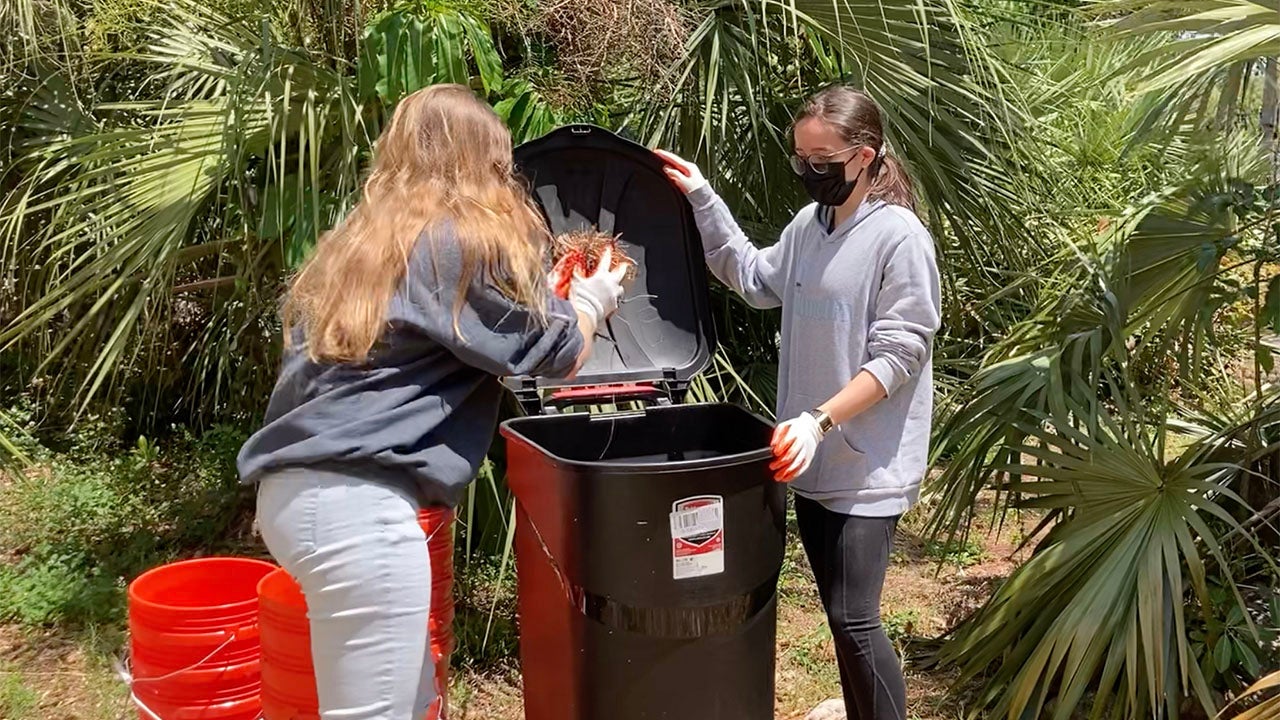The rapid pace of vaccine development and delivery is a remarkable example of what is possible when an entire system is at risk. The scale of human endeavor required to vaccinate the entire world illuminates the path to collaboration among competitors, suppliers, and regulators. In public health and among drug developers, we have witnessed what can happen when the secrecy that surrounds intellectual property and norms around competitive advantage give way to cooperation and collaboration.
When you look more closely at myriad systemic threats to life and commerce, the need for collaboration becomes obvious—even the norm. Self-interest is still a driver and the tantalizing opportunity to achieve first-mover status still evokes competition, but there is no alternative to working together at a pre-competitive level.
Partnerships that link significant brands and key suppliers date back decades but are now occurring with greater frequency. The catalyst is the need for massive change in industry and commerce to protect key commodities and natural resources facing existential risks—from scarcity of water to species extinction to climate-changing pollution. Here are some examples:
- In 2005, Walmart pivoted to embrace its vast global supply chain on everything from dematerializing packaging to environmentally sound product specifications for fish and other consumables. Updated goals on zero waste, renewable energy, and carbon reduction continue to reverberate through the globally significant companies that sell to Walmart.
- Pepsi and its arch-rival, Coke, were pressured to leave the Plastics Industry Association in 2019 and are seeking to find their footing on consumer-friendly alternatives, from aluminum to recyclables to refillable options at the point of purchase or at home. Any change requires engaging the massive system of bottlers and distributors, as well as the end retailer.
- Even the oil and gas industry is jumping on the bandwagon. The Environmental Partnership within the American Petroleum Institute is a three-year-old platform for learning and collaboration among the largest producers and now also includes their suppliers. The goal is to radically reduce emissions through the rapid adoption of technology to detect leaks and switch to low- or zero-emitting devices and controls.
The ecosystems under threat include globally significant sources of food and nutrition, like the fisheries threatened by overfishing, and any number of commodities that are important ingredients in products we take for granted. The key to unlocking new norms and behaviors is the brand with the most to lose, and thus the most to gain by putting the health of the system at the center of the supply chain.
Enter McDonald’s.
You may now find the McPlant burger or “PLT” on a McDonald’s menu, but the company remains the giant in the beef industry, serving over 60 million customers daily through tens of thousands of stores across every continent. The environmental footprint of the beef industry is profound—and a significant contributor to climate change. The conversion of wetlands, grasslands, and forests to pastureland for livestock is one important economic driver behind threats to these natural carbon sinks.
McDonald’s met its commitment to begin to serve sustainable beef by 2016. In doing so, it put a spotlight on one of the most complex supply chains on the planet. McDonald’s purchases 85% of its beef from ten countries—the US, Canada, Brazil, New Zealand, Australia, the UK, and across Europe—but the actual footprint is much larger.
Even defining ”sustainable” in the beef industry is remarkably complex. It spotlights emissions and the health of the soil, water resources, and biodiversity, but also calls for hard-to-measure standards around animal welfare, the use of antibiotics, and the well-being of the farmer, the rancher, and laborers, from ranch to table.
The way that McDonald’s operates today across not just the global supply and production of beef, but across every commodity on which the company depends, is not a course correction, it is a new way of doing business. The call for new norms and protocols plays out on a massive scale across suppliers of everything from chicken to milk to packaging, embracing countless product specifications, natural resources, and ecosystems.
But sustainability is not an end state. Just as the COVID-19 virus continues to morph and test our understanding of health and safety, sustainability is never fully achieved. In public health, a “cure” requires constant vigilance in the quest to protect a population against disease. Sustainability too requires shoulder-to-the-wheel protocols rooted in continuous improvement.
Sustainability is a mindset—and a window into shifting values of consumers and the evolving norms for suppliers, producers, and retailers with vastly different demands and constraints. Effective solutions require shared understanding across business and finance, investors, companies, and contractors.
Further, the skills and networks required to manage and lead the change are gaining in importance. The Aspen Institute’s work with sustainability leaders demonstrates that these skills are now in great demand by consumer brands, producers, and even financial asset managers seeking clarity on a new definition of performance.
The best companies have already moved these architects of change from defense—translating the concerns of a broad range of so-called stakeholders—to offense and to positions of leadership at the intersection of ecology, community, and commerce.
A longer version of this piece originally appeared on LinkedIn.
This piece is part of In Focus: Rising to the Climate Challenge, a multimedia informational campaign that draws on the expertise of Institute programs. We look at four main facets of the climate change issue—labor and the economy, youth and education, public health and safety, and communities. To get campaign updates and other news from the Aspen Institute in your inbox, sign up for our newsletter.
Judy Samuelson is the executive director of the Business & Society Program and the author of The Six New Rules of Business: Creating Real Value in a Changing World.


